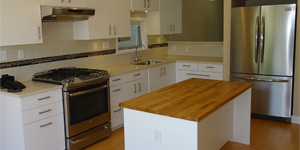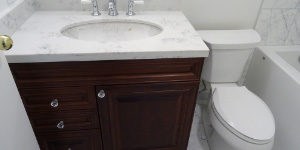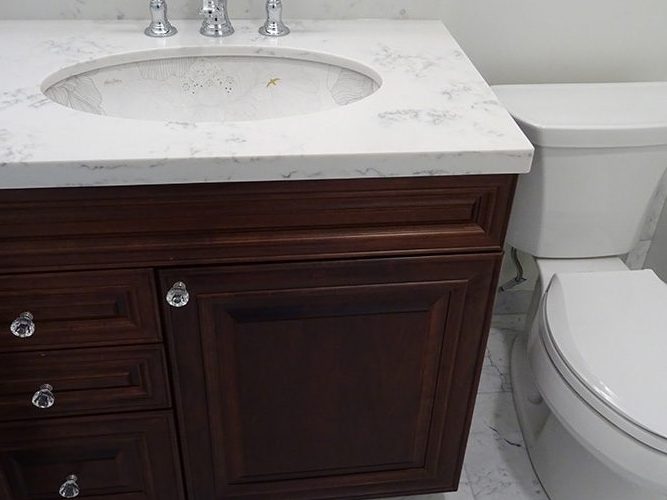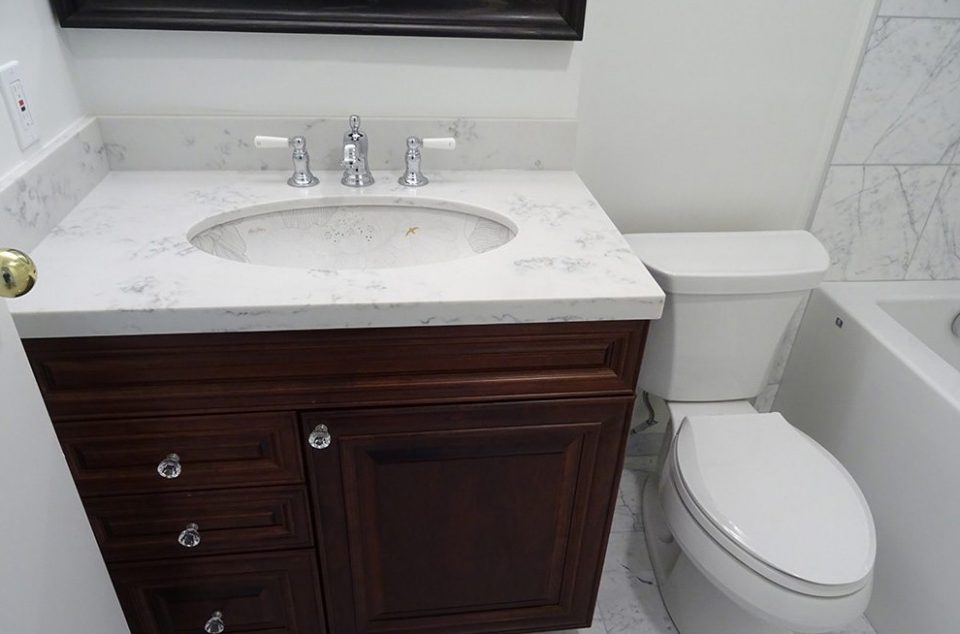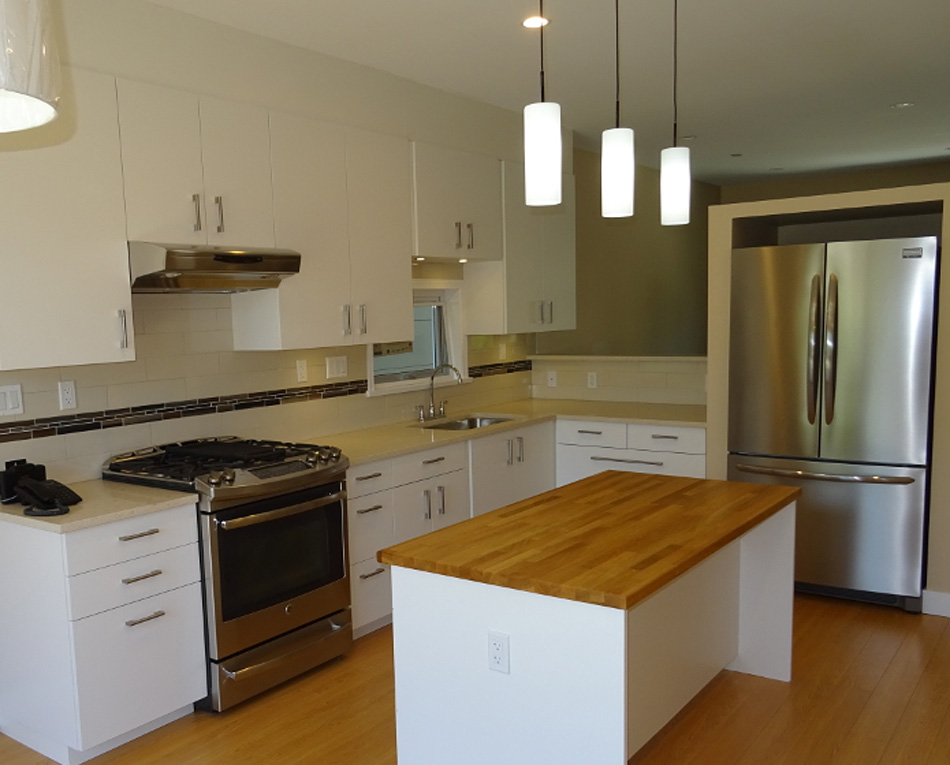
Planning Basement Renovation
Have you been eyeing that unfinished basement and imagining a cozy family room, a spare bedroom, or the home gym of your dreams? A basement renovation can be a game-changer for your home, offering both extra living space and a boost to your property value. Done right, it’s an investment that pays off in comfort and style.
But before you grab a sledgehammer or call the pros, there’s plenty to consider. From moisture issues to framing walls, each step plays a role in bringing your vision to life. Whether you’re planning a DIY project or hiring basement contractors, this guide will take you through everything you need to know to finish your basement—without breaking the bank.
How Do You Want to Use Your Basement?
The first step in any basement renovation is understanding how you want to use the space. A basement remodel can serve a variety of purposes!
Perhaps it’s an entertainment hub, where you can kick back with friends to watch movies or play video games? Or you might need a guest suite complete with a bedroom and bathroom. Growing families often turn unfinished basements into playrooms, while others use the extra square footage for a home office or gym.
Write down your priorities and pick a primary function for your basement. Keep your family’s lifestyle, hobbies, and storage needs in mind as you brainstorm. This will help guide every decision you make moving forward.
Draft a Basement Floor Plan
After envisioning your dream basement, the next step is to sketch out a practical floor plan. This blueprint doesn’t need to be fancy, but it should outline the layout of the space, including walls, doors, and any furniture placements.
Think about flow and how rooms will transition into each other. Will you need a dividing wall to separate a laundry room or storage area? Consider any unique features you’d like, like a bar or cozy reading nook.
You’ll also want to measure the height of the ceiling, especially if you plan to add drop ceilings or recessed lighting. Low ceilings can influence your layout and design choices. Accurate measurements upfront will help prevent costly surprises later on!
Check for Signs of Moisture in Your Basement
Before you start the heavy lifting, take a moment to assess one of the biggest culprits of basement woes—moisture. Unfinished basements are notorious for dampness, and ignoring this issue can lead to mold, rot, and structural damage.
Look for classic warning signs like water stains on the walls, visible mold, or a musty smell. Check the corners of the floor and any exposed pipes for condensation. Even high humidity in the space could indicate potential problems.
Fix any moisture issues first, whether it’s sealing cracks in your foundation or investing in a dehumidifier. Solving these problems early will ensure your newly finished basement stays safe and dry for years to come.
Do a Basement Inspection
Once you’ve tackled moisture concerns, do a thorough inspection of the entire basement. Focus on the ceiling, walls, floors, and overall structure. Look for cracks or uneven surfaces in the flooring, as these are red flags for foundational issues.
Be sure to examine the electrical wiring and plumbing carefully. Sagging wires or outdated pipes should be addressed before any cosmetic upgrades take place. This might require consulting basement contractors to ensure everything meets safety codes.
A comprehensive inspection now can save you significant downtime and expenses later in the project. Plus, it ensures you’re starting with a solid and safe foundation.
Consider Your Electrical and Plumbing Needs
One of the most crucial steps in any basement renovation is tackling electrical and plumbing upgrades. Adding light fixtures, outlets, or a sink for a wet bar can transform the functionality of your space.
If you’re adding a bathroom or kitchenette, ensure plumbing is mapped out before framing begins. Electrical wiring should also match your planned layout—nothing kills the vibe faster than outlets in all the wrong places.
It’s wise to hire licensed professionals for these tasks. Proper installation ensures safety, meeting code requirements, and avoiding expensive mistakes down the line.
Choose the Right Insulation for Your Basement
Installing insulation is essential for keeping your basement warm in the winter and cool in the summer. It also adds a layer of soundproofing, perfect if you’re building a home theater or lively kids’ playroom.
Options like rigid foam boards, spray foam, or fiberglass insulation are popular choices for basements. Each has its pros and cons, so consider factors like your budget and the typical climate in your area.
Properly insulated walls not only enhance comfort but also help reduce future energy bills—a win-win for any homeowner.
Frame Walls and Select Drywall
Framing creates structure and defines your basement’s layout. Use treated wood or steel studs, as they’re resistant to moisture and highly durable for underground spaces.
Once framing is complete, it’s time to install drywall. Standard drywall works for most basements, but moisture-resistant drywall (commonly called green board) is worth the upgrade in damp areas.
Don’t forget to include electrical box cutouts and space for HVAC vents. If you’re new to drywall installation, consider hiring a pro for a smooth, polished finish.
Choose the Perfect Flooring for Your Basement
Your choice of flooring can elevate the look and feel of your basement dramatically. Luckily, there’s a broad selection of basement-friendly flooring options to suit any style.
Luxury vinyl planks (LVP) stand out for their durability and water resistance, making them a favorite among homeowners. Carpeting offers warmth and comfort, perfect for family rooms or play areas. Tile is also a strong contender for moisture-prone zones, like bathrooms or kitchens.
Avoid hardwood flooring, as it doesn’t hold up well in damp conditions. And always consider basement subfloors to add insulation and prevent damage from minor leaks.
Finalizing Your Budget
Want to know the total basement finishing cost? Proper budgeting is essential to avoid overspending.
- Material Costs: Items like flooring, drywall, paint, and trim vary depending on quality and quantity.
- Labor Costs: If you’re hiring professionals, expect this to be a significant part of the basement renovation cost.
- Permits and Inspections: Don’t forget fees associated with obtaining local building permits.
Research average costs in your area and leave room in your budget for unexpected expenses. Planning well ensures you can enjoy your fully finished basement stress-free.
Why You Should Work with Professional Basement Contractors
Certain elements of basement renovations, like electrical work or plumbing, are best left to experts. Skilled basement contractors bring experience and efficiency to your project, ensuring it’s done safely and in compliance with local building codes.
Professionals can also help you estimate your basement finishing cost more accurately, which can prevent delays and overspending. While DIY options are appealing, having the right help often pays off in both quality and savings.
A New Basement Awaits
From envisioning a layout to clipping the final wires, transforming your basement requires careful planning. Understanding how you’ll use the space, addressing moisture concerns, and budgeting thoughtfully will set the foundation for a successful renovation.
Whether you’re creating a stylish retreat, a practical home office, or an entertainment haven, the effort is worth it. A renovated basement doesn’t just add square footage but enriches your home’s functionality and charm.
If you’re ready to get started, consider consulting experienced renovation contractors to guide you through the process. Your dream basement is just a plan away!

